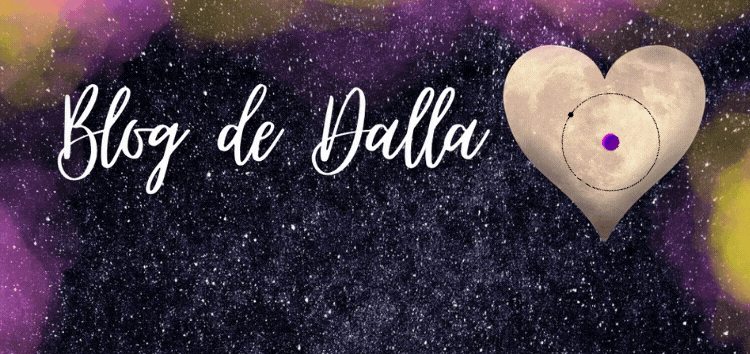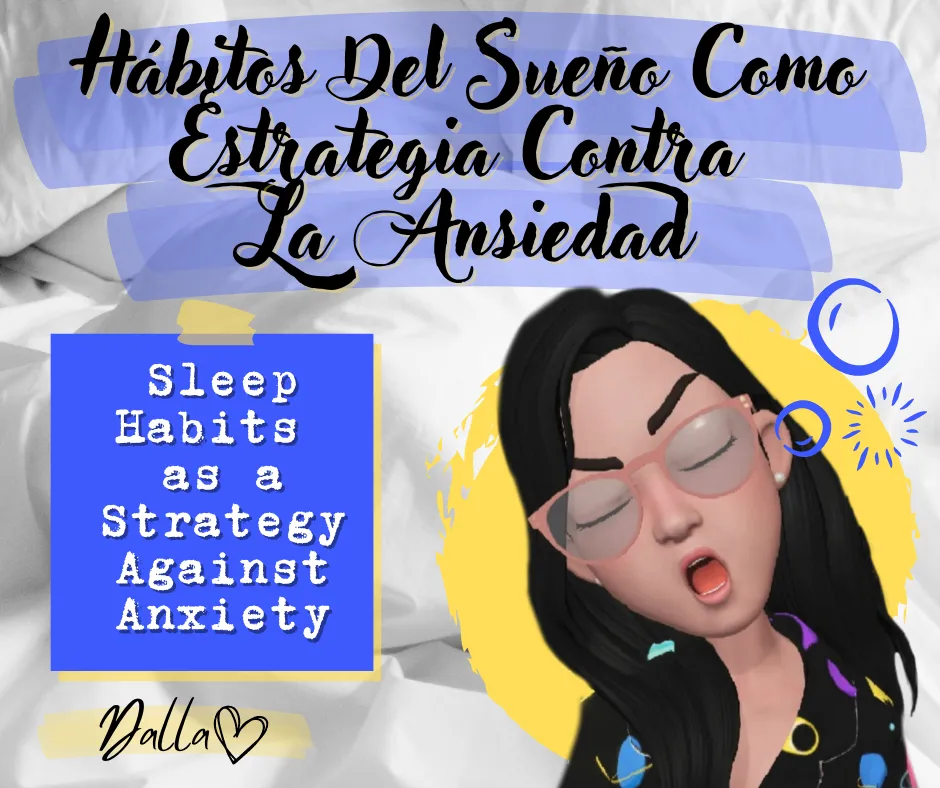

¡Saludos amigos! 🤗 Hoy en mis post educativos de Psicoayuda les hablaré de la Higiene del Sueño y como usarlo como estrategia contra la Ansiedad.
Les cuento que cada vez que debo tocar este tema con los pacientes siempre pienso que estas recomendaciones que les voy a dar de seguro ya el paciente las hizo, no les generó ningún beneficio y por eso acuden a mi consulta y debo ser más contundente con el tratamiento, así que me replanteo siempre como abordar el tema sin que piensen que lo que les digo no sirve.
Greetings friends! Today in my Psychohelp educational posts I will talk about Sleep Hygiene and how to use it as a strategy against Anxiety.
I tell you that every time I have to touch this topic with patients I always think that these recommendations that I am going to give them for sure the patient already did them, did not generate them any benefit and that is why they come to my office and I must be more forceful with the treatment, so I always rethink how to approach the subject without them thinking that what I tell them is useless.

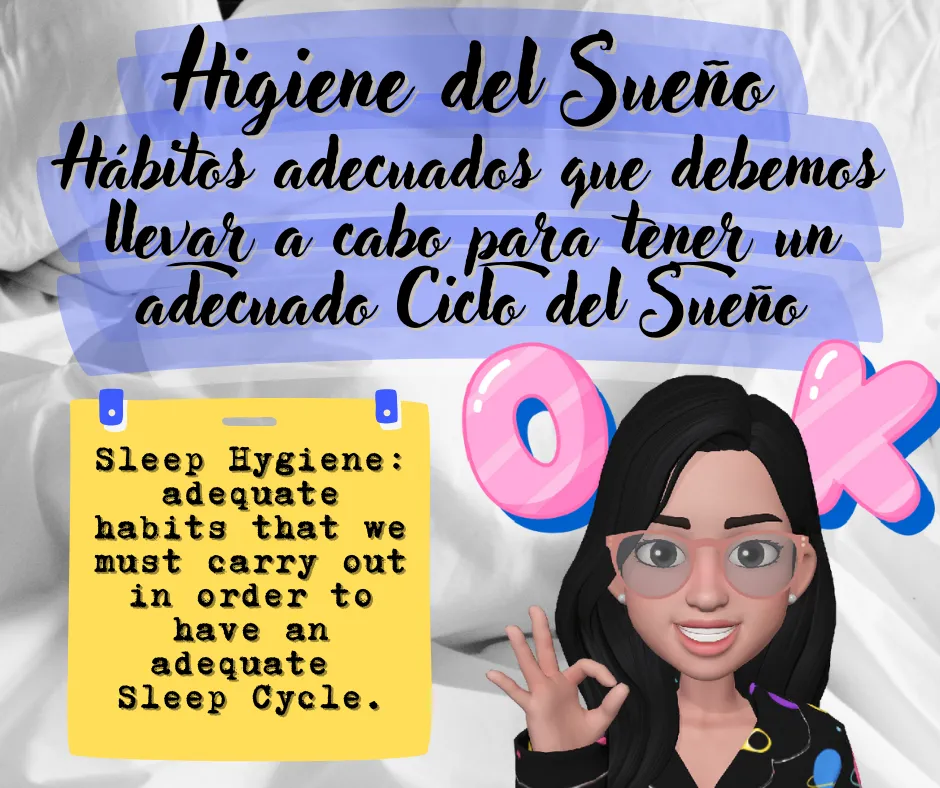

Por eso me puse a pensar tanto en este tema y como lo abordaba por aquí, así que empezaré aclarándoles algo, la Ansiedad como enfermedad es tan compleja, que la mayoría de las veces va acompañada de trastornos del sueño y el abordaje de estos problemas del sueño se hace tratando el Trastorno de Ansiedad como un todo, no tratando síntomas de la enfermedad de forma aislada y esto debe quedar muy claro, por favor.
Justamente esa es la razón por la cual a muchas de las personas que sufren de esta enfermedad les resulta tan poco beneficiosos estas estrategias de mejoría de la higiene del sueño para ayudarse así mismos, porque la mayoría pretende solventar el problema del sueño sin intentar manejar la Ansiedad y eso, léanme bien: ¡Jamás! va a tener el efecto deseado.
Todo esto se los digo porque ya he pasado por la experiencia innumerable cantidad de veces, en donde mi deber como médico que trata estas enfermedades, es recalcar estas recomendaciones sin importar si ya las has llevado a cabo, pero es necesario para saber el nivel de tolerancia que ha desarrollado y que tan severo es tu cuadro de Ansiedad.
También es importante que entiendan que, si bien la Ansiedad puede ocasionar problemas del sueño, los Trastornos del Sueño puros, como el Insomnio, la Parálisis del Sueño, la Hipersomnia o la Apnea del sueño también pueden desencadenar secundariamente Ansiedad Por ello, el saber cual es el verdadero origen es tan importante para poder saber en qué debemos enfocarnos a la hora de indicar estrategias terapéuticas que sean efectivas.
Ahora sí, aclarado ese punto, podemos entonces comprender que en este post les hablaré de estrategias para ayudarlos a manejar los problemas del sueño que vienen como consecuencia de la Ansiedad y no lo contrario, considerando de antemano que debe ser un manejo en conjunto de todos los síntomas del Trastorno de Ansiedad y no un solo síntoma de ella, que es el problema del sueño, en este caso.
Pensé esta vez en hacer este post un poco más didáctico en base a lo que veo en mi consulta, empezando por esta pregunta que siempre me hacen:
That is why I started thinking so much about this topic and how to approach it here, so I will begin by clarifying something, Anxiety as a disease is so complex, that most of the time it is accompanied by sleep disorders and the approach to these sleep problems is done by treating the Anxiety Disorder as a whole, not treating symptoms of the disease in isolation and this should be very clear, please.
That is precisely the reason why many of the people who suffer from this disease find these strategies of improving sleep hygiene to help themselves so little beneficial, because most of them try to solve the sleep problem without trying to manage the Anxiety and that, read me well: Never! is going to have the desired effect.
I am telling you all this because I have already gone through the experience countless times, where my duty as a doctor who treats these diseases, is to emphasize these recommendations regardless of whether you have already carried them out, but it is necessary to know the level of tolerance that has developed and how severe is your Anxiety.
It is also important to understand that while Anxiety can cause sleep problems, pure Sleep Disorders, such as Insomnia, Sleep Paralysis, Hypersomnia or Sleep Apnea can also secondarily trigger Anxiety So knowing what the true origin is is so important in order to know what to focus on when indicating effective therapeutic strategies.
Now yes, having clarified that point, we can then understand that in this post I will talk about strategies to help you manage sleep problems that come as a result of Anxiety and not the opposite, considering beforehand that it should be a joint management of all symptoms of Anxiety Disorder and not a single symptom of it, which is the sleep problem, in this case.
I thought this time to make this post a little more didactic based on what I see in my practice, starting with this question that I am always asked:

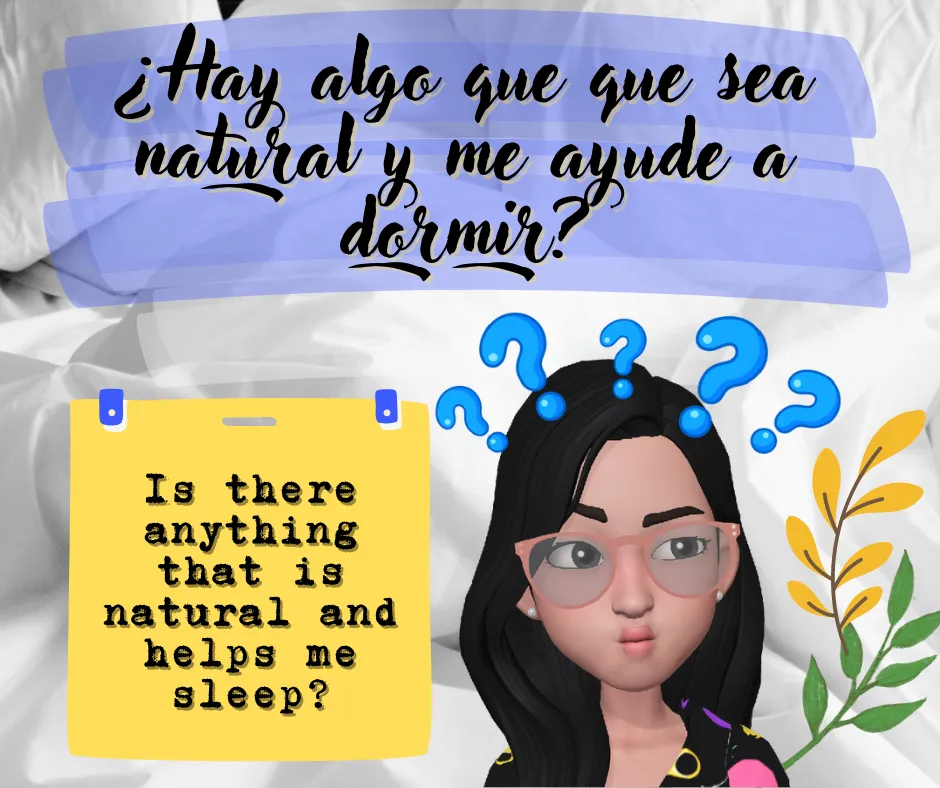

La respuesta es: "Depende" depende de la edad, depende de los antecedentes personales que tengas, es decir enfermedades coexistiendo en ti, de tu estado de salud general, del funcionalismo de tus riñones, de tu hígado, de tu corazón, de tu cerebro, del tipo de trastornos que tengas y, sobre todo, de la sensibilidad que tengas a las sustancias inductoras del sueño.
Como ven por eso que les acabo de decir no puedo realmente recomendarles en forma generalizada compuestos naturales que puedan usar, tampoco es como que tengo un gran manejo de herbología 😅, mis conocimientos son de fármacos aprobados para el manejo de enfermedades, pero sí puedo decirles que hay algunos estudios clínicos con algunas sustancias naturales que sí sirven para guiamos en algunas ramas de la medicina para ayudar a las personas con el sueño.
Porque el uso de medicamentos para tratar este tipo de enfermedades son bastantes complejos, son de los medicamentos más delicados para indicar en Medicina, principalmente por los efectos adversos y porque la mayoría tiene una alta probabilidad de causar dependencia.
Así que, en algunas ramas de la Medicina como la mía, nos replanteamos siempre el uso de estos medicamentos porque sabemos la tasa de complicaciones en adultos mayores originadas a partir de ellos y, por eso profundizamos un poco más en el uso de estos compuestos naturales, o tratando de usar los fármacos por un tiempo que no sea prolongado,
Esto último se los digo porque en las demás ramas de la medicina hay más libertad a la hora de usarlos, los pacientes al ser más jóvenes frecuentemente tienen menos riesgos de complicaciones y menos enfermedades coexistente, con la consiguiente menor probabilidad de desarrollar efectos adversos indeseados.
The answer is: "It depends" depends on your age, it depends on the personal history you have, i.e. diseases coexisting in you, your general state of health, the functionalism of your kidneys, your liver, your heart, your brain, the type of disorders you have and, above all, the sensitivity you have to sleep-inducing substances.
As you can see by what I just told you I can not really recommend you in a generalized way natural compounds that you can use, it is not like I have a great handling of herbology 😅, my knowledge is of drugs approved for the management of diseases, but I can tell you that there are some clinical studies with some natural substances that do serve to guide us in some branches of medicine to help people with sleep.
Because the use of drugs to treat these types of diseases are quite complex, they are among the most delicate drugs to indicate in medicine, mainly because of the adverse effects and because most of them have a high probability of causing dependence.
So, in some branches of Medicine such as mine, we always rethink the use of these drugs because we know the rate of complications in older adults caused by them and, therefore, we go a little deeper into the use of these natural compounds, or trying to use the drugs for a period of time that is not prolonged,
I say this last point because in the other branches of medicine there is more freedom when it comes to using them; patients, being younger, often have less risk of complications and fewer coexisting diseases, with the consequent lower probability of developing undesirable adverse effects.

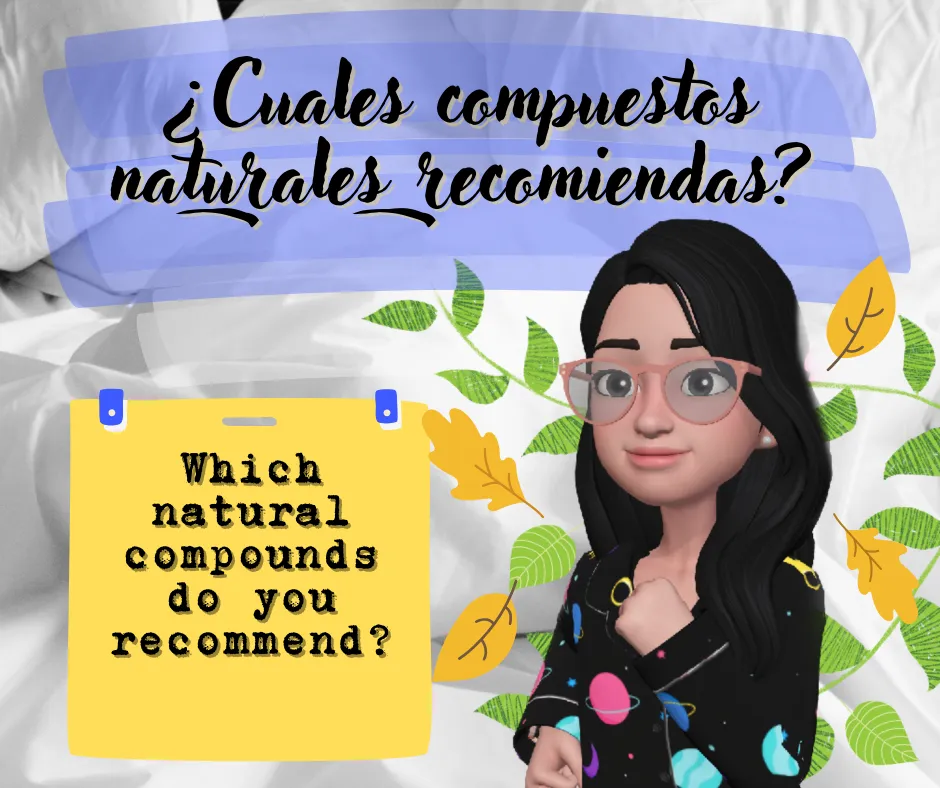

Entre estos compuestos naturales en los que nosotros en Geriatría profundizamos y que son de utilidad por igual en las edades más jóvenes tenemos: Las infusiones a base de Manzanilla, Tilo, Hibiscus (Jamaica), compuestos en diferentes presentaciones de Passiflora, Valeriana y suplementos de Melatonina también en distintas presentaciones.
Hago hincapié en esto amigos: El hecho de que sean compuestos naturales no los exime de efectos adversos indeseados a ninguna edad, solo disminuyen la probabilidad de ellos y de desarrollar dependencia, por eso cualquiera de estos compuestos que dije, igual deben ser previamente indicados por un Médico, tomando en cuenta sus condiciones generales de salud y las dosis ser ajustadas solamente por ellos, excepto las infusiones que son mucho más sencillas de usar, por supuesto.
En lo personal debido a que mi rama es dedicada a la atención del adulto mayor y la variabilidad de los efectos adversos y sensibilidad a inductores del sueño es tan grande en ellos, hago una indicación al extremo pequeña porque la mayoría de las veces todo se magnifica, así como otras veces necesitan de dosis más altas que las personas más jóvenes, por eso se hace una prueba de tolerancia ya que en Geriatría casi no hay tratamientos estandarizados como en el resto de las ramas de la medicina.
En las personas más jóvenes dependerá de todo lo que dije al principio ¿Qué otra cosa realiza para manejar su ansiedad? ¿Está acudiendo a terapia? ¿Sufre de alguna enfermedad importante en cualquiera de los órganos que nombré al principio? ¿Ha usado suplementos naturales con anterioridad? ¿Cómo es su respuesta en general a los fármacos y a los suplementos naturales? Etc, son realmente ¡muchas! las preguntas necesarias por hacer.
Among these natural compounds in which we in Geriatrics deepen and that are equally useful in younger ages we have: Infusions based on Chamomile, Linden, Hibiscus (Jamaica), compounds in different presentations of Passiflora, Valerian and Melatonin supplements also in different presentations.
I emphasize this friends: The fact that they are natural compounds does not exempt them from unwanted adverse effects at any age, only decrease the likelihood of them and to develop dependence, so any of these compounds that I said, the same must be previously indicated by a doctor, taking into account their general health conditions and doses be adjusted only by them, except the infusions that are much simpler to use, of course.
Personally, because my branch is dedicated to the care of the elderly and the variability of adverse effects and sensitivity to sleep inducers is so great in them, I make an extremely small indication because most of the time everything is magnified, as well as other times they need higher doses than younger people, so a tolerance test is done because in Geriatrics there are almost no standardized treatments as in the rest of the branches of medicine.
In younger people it will depend on everything I said at the beginning, what else do you do to manage your anxiety? Are you attending therapy? Do you suffer from any major disease in any of the organs I named at the beginning? Have you used natural supplements before? How is your overall response to drugs and natural supplements? Etc, there are really a lot of necessary questions to ask.

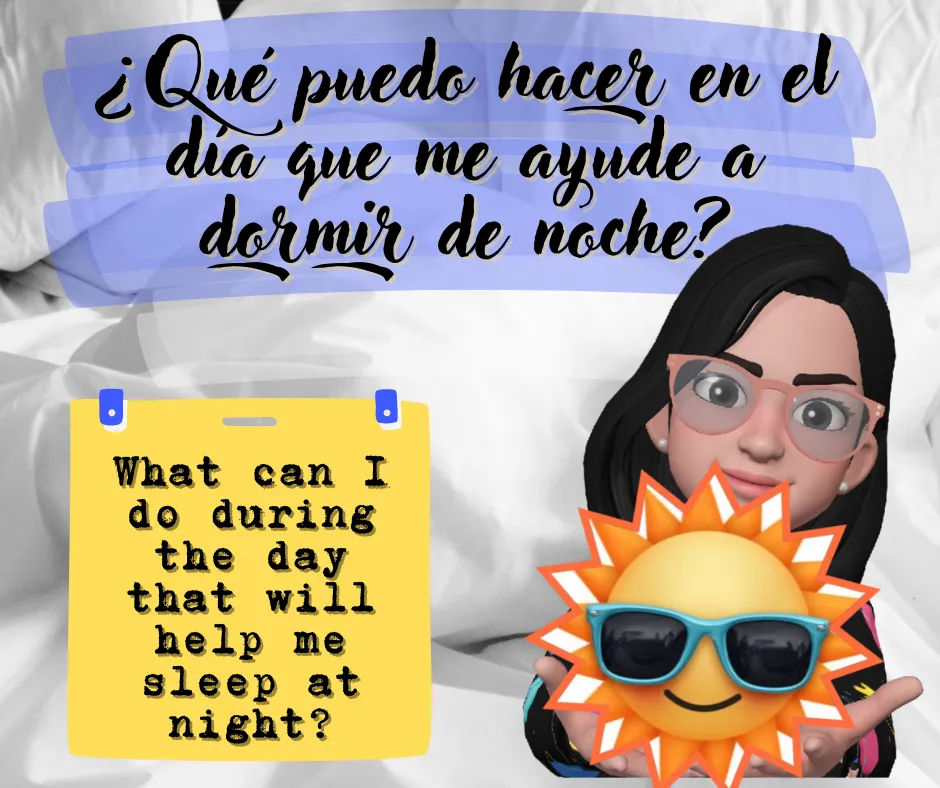

La respuesta es: Realizar actividades al aire libre, ejercitarte, recibir sol, alimentarte de forma balanceada y tomar suficiente agua; sí, esas cosas tan sencillas que has leído en todos lados. Si creías que tenía una fórmula mágica, lo siento, no existen amigos 😔, pero yo te voy a explicar el por qué de eso que te dije, para que hagas todo conscientemente y con mayor dedicación.
La actividad física al aire libre y recibir luz solar te permitirán mantener en orden tu ciclo circadiano (el ciclo que regula el sueño y la vigilia) porque a partir de la luz del sol se generará la suficiente cantidad de Cortisol durante el día y en la tarde se dará paso a la liberación de Melatonina con la caída del sol y el advenimiento de la oscuridad, esta última necesaria para poder inducir el ciclo del sueño.
Necesitamos la luz del sol para poner en control nuestro sistema, es ella la que regula toda la cascada de liberación hormonal, incluso hay una terapia llamadas "Fototerapia" que se basan exclusivamente en exponerte a la luz con espectro parecido a la luz solar, muy útil en algunas enfermedades como el Insomnio y muchos de los Trastornos Emocionales.
El ejercicio físico te ayudará a liberar Serotonina que es el neurotransmisor responsable de la producción de Melatonina. Por lo que mientras mayor sea la cantidad de Serotonina liberada durante el día, mayor será la producción de Melatonina en la noche; además el ejercicio físico ayuda a liberar gran cantidad de Adrenalina y Noradrenalina, mientras que en el periodo nocturno habrá un descenso brusco de ellas, que inducirá al cansancio y se dará paso el sueño.
Alimentación adecuada, es decir con la cantidad de nutrientes necesarios para suplir sus necesidades energéticas durante el día y con horarios adecuados donde la última comida del día sea hasta las 6pm, ya que posterior al consumo de alimentos evidentemente habrá un aumento de los niveles de glucosa en sangre y por consiguiente una estimulación energética que obviamente no queremos tener a la hora de dormir.
Claro, Tampoco queremos que se acuesten con hambre, porque esto tampoco los dejará dormir por eso hablo de una "Alimentación Balanceada" pero sí hacer la última comida del día unas 3 horas antes de ir a la cama es lo más recomendable.
The answer is: Doing outdoor activities, exercising, getting sun, eating a balanced diet and drinking enough water; yes, those simple things you've read everywhere. If you thought I had a magic formula, I'm sorry, there is no such thing 😔 friends, but I'm going to explain why I told you that, so you can do everything consciously and with more dedication.
Physical activity outdoors and receiving sunlight will allow you to keep your circadian cycle in order (the cycle that regulates sleep and wakefulness) because from the sunlight will generate enough Cortisol during the day and in the evening will give way to the release of Melatonin with the fall of the sun and the advent of darkness, the latter necessary to be able to induce the sleep cycle.
We need sunlight to put our system in control, it is the one that regulates the entire cascade of hormonal release, there is even a therapy called "Phototherapy" which are based exclusively on exposing you to light with expectro similar to sunlight, very useful in some diseases such as insomnia and many of the Emotional Disorders.
Physical exercise will help you to release Serotonin which is the neurotransmitter responsible for the production of Melatonin. Therefore, the greater the amount of Serotonin released during the day, the greater the production of Melatonin at night; in addition, physical exercise helps to release large amounts of Adrenaline and Noradrenaline, while in the night period there will be a sharp decline of them, which will induce fatigue and will give way to sleep.
Adequate nutrition, that is to say with the necessary amount of nutrients to supply their energy needs during the day and with adequate schedules where the last meal of the day is until 6pm, since after the consumption of food there will obviously be an increase in blood glucose levels and therefore an energy stimulation that we obviously do not want to have at bedtime.
Of course, we don't want them to go to bed hungry either, because this will not let them sleep either, that's why I talk about a "Balanced Diet" but making the last meal of the day about 3 hours before going to bed is the most advisable thing to do.

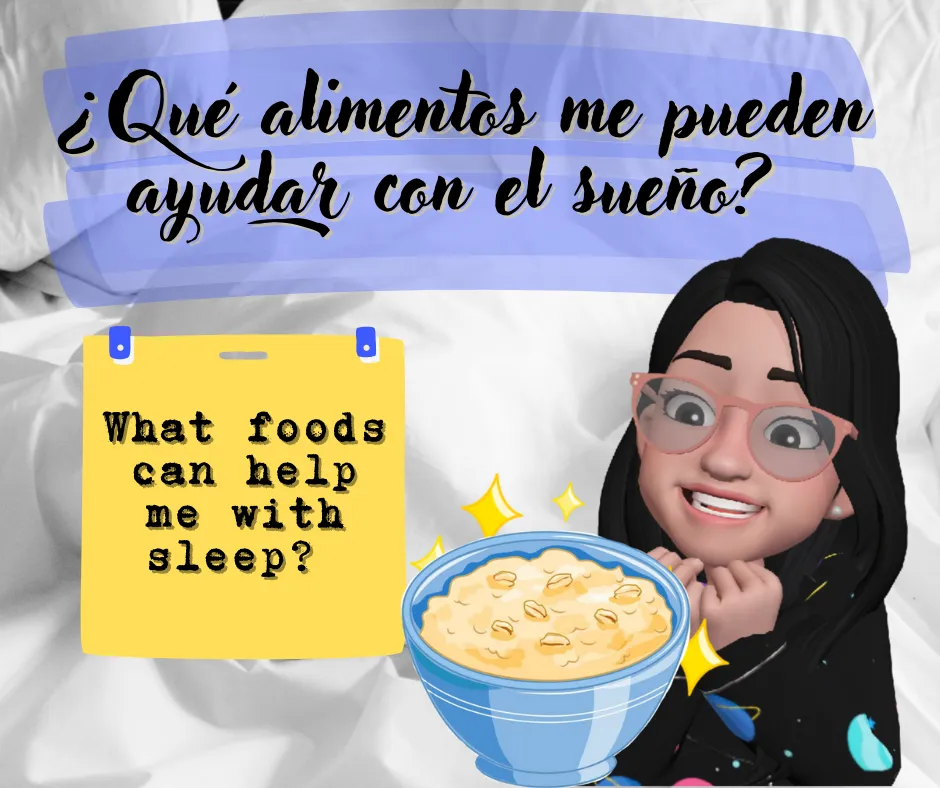

La respuesta es: los que tengan altos niveles de Magnesio, Vitamina B12 y Triptófanos, porque todos estos elementos son, secundariamente, inductores del sueño.
Siempre sugiero de entre todos los alimentos preferir la banana, el plátano o, como lo conocemos en Venezuela, "Cambur" (que tiene alta cantidad de vitamina B) leche caliente (que tiene alta cantidad de Vitamina b, Triptófanos y caseína) y algunos frutos secos como las almendras o los nueves (que son altos en Magnesio) o, en el mejor de los casos, todos esos juntos en un tazón de avena para la cena.
Hay muchísimos alimentos ricos en estos nutrientes, por favor dediquen un tiempo de sus días a averiguarlos, son muchos y les serán de mucho beneficio, pero aun así, en lo personal, cuando tengo un paciente con Problemas para Dormir siempre les indico suplementos de Vitamina B, Ácido Fólico y Magnesio extras en su dieta diaria.
Tomar suficiente agua: leeran siempre esto en cualquier lado porque es necesario siempre para el buen funcionamiento del organismo y para poder llevar a cabo sus procesos biológicos de forma adecuada, lo cual incluye, por supuesto, la liberación de hormonas necesarias para inducir y mantener el ciclo del sueño.
Siempre recomiendo tomar agua hasta las 6pm u 8pm, dependiendo de la hora a la que acostumbra a acostarse a dormir la persona, ya que evidentemente mientras más cercana sea la toma de agua a la hora de dormir aumentará la producción de orina y la probabilidad de levantarse en medio de la noche y no poder conciliar nuevamente el sueño.
Disminuir el consumo de bebidas energizantes y evitarlas antes de ir a dormir, ya he hecho varios post al respecto y de cómo influyen en la Ansiedad, puedes verlos Aquí donde hablo del café, Aquí donde hablo de las bebidas gaseosas y Aquí donde hablo de las infusiones con alto contenido de cafeína.
The answer is: those with high levels of Magnesium, Vitamin B12 and Tryptophan, because all these elements are, secondarily, sleep inducers.
I always suggest among all foods to prefer banana, plantain or, as we know it in Venezuela, "Cambur" (which has high amount of vitamin B) hot milk (which has high amount of Vitamin b, Tryptophan and casein) and some nuts like almonds or walnuts (which are high in Magnesium) or, in the best case, all those together in a bowl of oatmeal for dinner.
There are so many foods rich in these nutrients, please take time out of your days to look them up, there are many and they will be of great benefit to you, but still, personally, when I have a patient with Sleep Problems I always suggest extra Vitamin B, Folic Acid and Magnesium supplements in their daily diet.
Drink enough water: You will read this everywhere because it is always necessary for the proper functioning of the body to carry out its biological processes properly, which includes, of course, the release of hormones needed to induce and maintain the sleep cycle.
I always recommend drinking water until 6pm or 8pm, depending on the time the person usually goes to sleep, since obviously the closer the water intake is to bedtime, the more urine production will increase and the more likely it is that the person will wake up in the middle of the night and not be able to fall asleep again.
Reduce the consumption of energy drinks and avoid them before going to sleep, I have already made several posts about this and how they influence Anxiety, you can see them Here where I talk about coffee, Here where I talk about carbonated beverages and Here where I talk about infusions with high caffeine content.

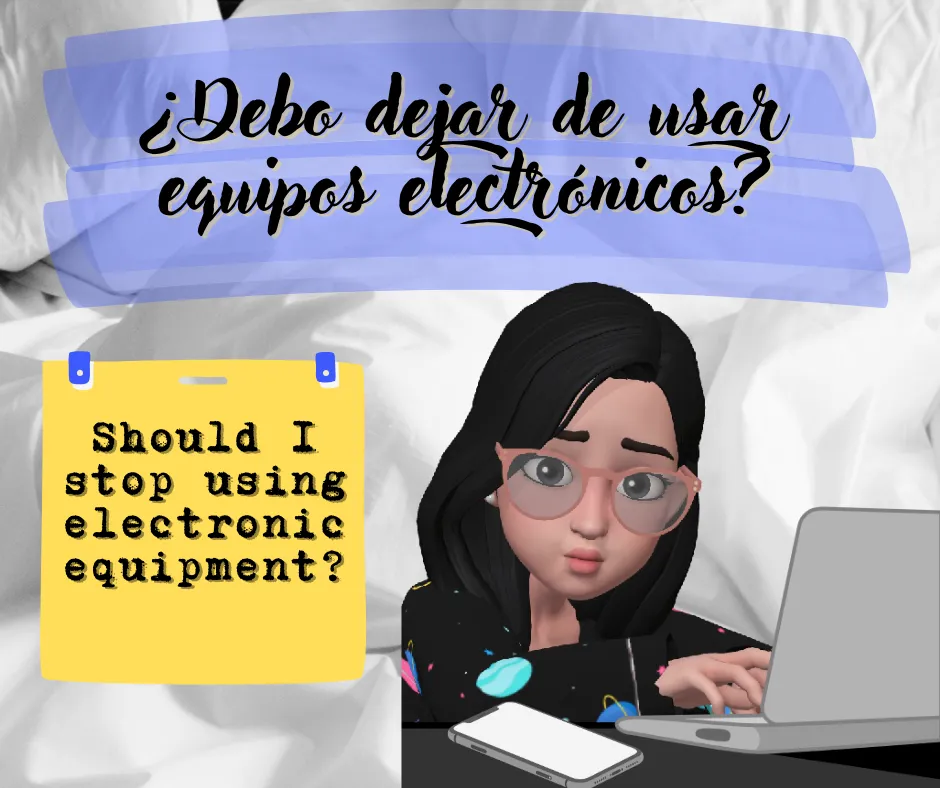

La respuesta es: ¡no! solo debes disminuir el uso de los equipos electrónicos antes de ir a la cama. Esto es algo fundamental y aunque muchos no le dan la importancia debida, deberían, porque desde hace bastante tiempo ha quedado claro el efecto de la luz azul que emiten la mayoría de estos equipos electrónico sobre el sueño.
La luz emitida por estos equipos se parece muchísimo al espectro de ondas de la luz del sol, lo cual, en términos sencillos, "engaña al cerebro" y le hace creer que aún no es hora de dormir porque aún está presente la luz del sol, así que persisten los niveles de cortisol en sangre y se suprime la liberación de Melatonina como ocurre normalmente por la luz del sol y se desregulariza todo el ciclo circadiano.
Por eso en la actualidad tenemos ya anteojos con protección para luz azul, si no tienes vicios de refracción y no necesitas anteojos igual puedes usar uno de estos antes de dormir, o colocar los equipos electrónicos con configuraciones de pantalla que protejan la vista. Por supuesto lo mejor es dejar de usar estos equipos al menos 1 hora antes de dormir o preferiblemente 2 horas, de esta forma descansarás la vista, descansarás tu cerebro y se regularizará tu ciclo hormonal.
The answer is: no! you should only reduce the use of electronic equipment before going to bed. This is something fundamental and although many do not give it due importance, they should, because for quite some time it has been clear the effect of the blue light emitted by most of these electronic equipment on sleep.
The light emitted by these devices is very similar to the wave spectrum of sunlight, which, in simple terms, "tricks the brain" and makes it believe that it is not yet time to sleep because sunlight is still present, so the levels of cortisol in the blood persist and the release of Melatonin is suppressed as it normally occurs by sunlight and the entire circadian cycle is deregulated.
That is why nowadays we already have glasses with blue light protection, if you do not have refractive errors and do not need glasses you can still use one of these before sleeping, or place the electronic equipment with screen configurations that protect your eyesight. Of course it is best to stop using these devices at least 1 hour before bedtime or preferably 2 hours, this way you will rest your eyesight, rest your brain and your hormonal cycle will be regularized.

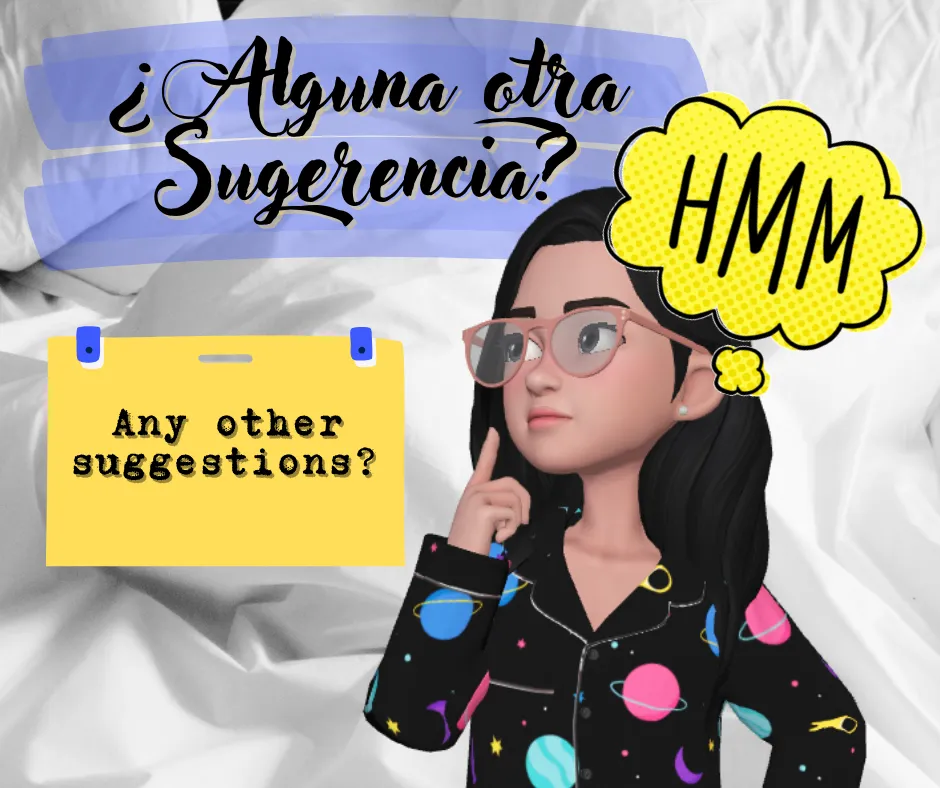

Esto parece obvio, pero igual lo recordaré, es importante si tienes problemas para dormir establecer un ambiente cómodo donde descansar, alejado del ruido molesto, si necesitas usar protectores de oído como tapones, pues usarlos; que tenga una temperatura con la cual te sientas cómodo, que exclusivamente esté destinado solo a descansar y que sea oscuro, sino lo es puedes usar un antifaces para dormir.
Sé que muy pocos sólo duermen en sus habitaciones ya que ni yo misma lo hago, pero si queremos ¡en verdad! luchar contra los problemas del sueño es importante hacer el esfuerzo, al menos por un tiempo, mientras se van trabajando el resto de los factores que están desencadenando la Ansiedad y los demás síntomas.
Esto también parece obvio, pero igual se los recordaré: establezcan un horario fijo para dormir, que sea a la misma hora, y antes de irte a la cama crea una serie de pasos que repitas todos los días, recuerda que el ser humano aprende los hábitos de forma inconsciente muchas veces, por ejemplo: apagar la computadora o cerrar el libro, bañarse con agua caliente, tomar una taza de té, colocar aromaterapia en la habitación, apagar la luz y acostarse a realizar ejercicios de Respiración consciente, ya hice un post sobre ellos, se los dejo por AQUI o escuchar alguna meditación, ese seguimiento de pasos todos los días se quedará guardado en tu subconsciente y te ayudará en el proceso.
Actualmente podemos usar muchas aplicaciones que nos proporcionan ayuda para lograr estas meditaciones, ponte unos audífonos y coloca Meditaciones para dormir o ASRM como lluvia, río, o algún sonido que te sea satisfactorio a bajo volumen. Existen incluso almohadas como esta que compro mi amigo Gabriel, que además de ser cómodas tienen incluidos audífonos para que puedas colocar este tipo de sonidos, yo no las conocía hasta que vi la de él y ahora se la recomiendo a muchos pacientes, de hecho quiero comprarle una a mi papá.
Como verán amigos son recomendaciones muy sencillas de seguir, por supuesto como dije en un principio siempre debe acompañarse todo esto con Psicoterapia porque el Trastorno del Sueño, en este caso, es consecuencia de un Trastornos de Ansiedad en el que hay que trabajar, por supuesto cuando no se obtienen resultados óptimos después de hacer todo esto por un tiempo prudencial, siempre existe la opción farmacológica, la cual debe ser estrictamente indicada y supervisada por un médico.
Espero les haya servido de algo mi post y que sea un diferente a lo que leen en todos lados, al final mis conocimientos vienen de años de estudios y experiencia en medicina, la misma que practican en todos lados que está principalmente basada en estudios clínicos validados.
This seems obvious, but I will remember it anyway, it is important if you have trouble sleeping to establish a comfortable environment where you can rest, away from annoying noise, if you need to use ear protectors like earplugs, then use them; that has a temperature with which you feel comfortable, that is exclusively intended only to rest and that is dark, if not you can use an eye mask to sleep.
I know that very few people only sleep in their rooms, not even I do it myself, but if we really want to fight against sleep problems it is important to make the effort, at least for a while, while working on the rest of the factors that are triggering anxiety and other symptoms.
This also seems obvious, but I will still remind you: establish a fixed time to sleep, at the same time, and before going to bed create a series of steps that you repeat every day, remember that the human being learns habits unconsciously many times, for example: turn off the computer or close the book, take a bath with hot water, drink a cup of tea, place aromatherapy in the room, turn off the light and lie down to perform conscious breathing exercises, I did a post about them, I leave them for [HERE](https://peakd. com/hive-174578/@liveofdalla/the-real-reason-why-a) or listen to some meditation, that follow up steps every day will be stored in your subconscious and will help you in the process.
Currently we can use many applications that provide us with help to achieve these meditations, put on headphones and put Sleep Meditations or ASRM as rain, river, or any sound that is satisfactory to you at low volume. There are even pillows like this that my friend Gabriel bought, that besides being comfortable have included headphones so you can place this type of sounds, I did not know them until I saw his and now I recommend it to many patients, in fact I want to buy one for my dad.
As you will see friends, these are very simple recommendations to follow, of course as I said in the beginning, all this should always be accompanied with Psychotherapy because the Sleep Disorder, in this case, is a consequence of an Anxiety Disorder which must be worked on, of course when optimal results are not obtained after doing all this for a reasonable time, there is always the pharmacological option, which must be strictly indicated and supervised by a doctor.
I hope my post has helped you and that it is something different from what you read everywhere, in the end my knowledge comes from years of studies and experience in medicine, the same that is practiced everywhere and which is mainly based on validated clinical studies.

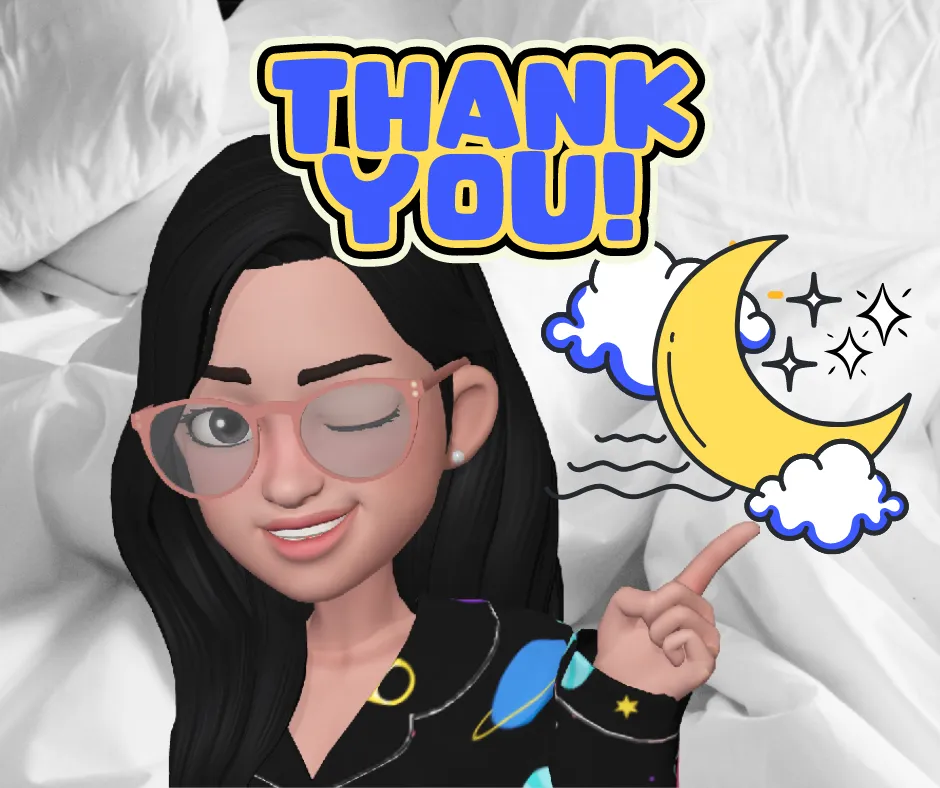

Thanks for stopping by and reading me!

Todos los banners fueron creados por @liveofdalla usando Canvas y Picsart con recursos gratuitos de ambas Apps.
(Eng) All the banners were created by @liveofdalla using Canvas and Picsart with free resources from both Apps.
DeepL
